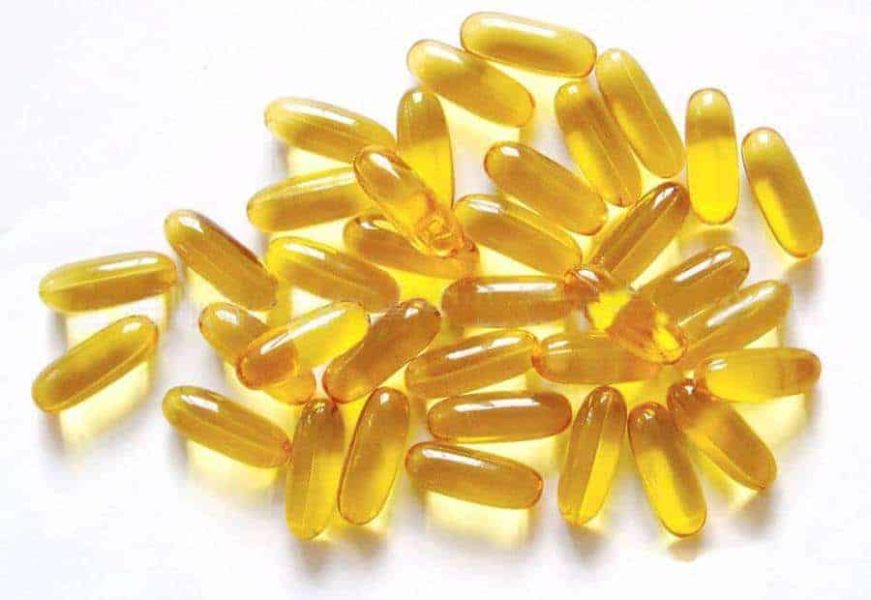A new UCLA study reveals that men with early-stage prostate cancer may benefit from a simple dietary intervention: reducing omega-6 fatty acids while increasing omega-3s through diet and fish oil supplements. The year-long clinical trial demonstrated significant reductions in cancer cell proliferation rates, offering hope for patients seeking to delay more aggressive treatments.
Published in Journal of Clinical Oncology | Estimated reading time: 5 minutes
For the thousands of men diagnosed with low-risk prostate cancer each year, the journey often begins with active surveillance – a “watch and wait” approach that avoids immediate aggressive treatment. Now, UCLA researchers have discovered that dietary modifications might help these patients take a more active role in managing their condition.
Dr. William Aronson, Professor of Urology at the David Geffen School of Medicine at UCLA and the study’s lead author, emphasized the significance of their findings: “This is an important step toward understanding how diet can potentially influence prostate cancer outcomes. Many men are interested in lifestyle changes, including diet, to help manage their cancer and prevent the progression of their disease. Our findings suggest that something as simple as adjusting your diet could potentially slow cancer growth and extend the time before more aggressive interventions are needed.”
The CAPFISH-3 trial, involving 100 men with early-stage prostate cancer, took a novel approach to dietary intervention. Half the participants received personalized nutritional counseling to reduce omega-6 intake – commonly found in processed foods and certain cooking oils – while increasing omega-3 consumption through diet changes and fish oil supplements. The control group maintained their usual eating habits.
The results were striking: after one year, the intervention group showed a 15% decrease in their Ki-67 index – a key marker of cancer cell proliferation – while the control group experienced a 24% increase. This dramatic difference suggests that dietary modifications could potentially delay the need for more aggressive treatments, which becomes necessary for about half of active surveillance patients within five years.
The research team, led by Dr. Aronson and senior author Dr. Susanne Henning of UCLA’s Center for Human Nutrition, employed sophisticated imaging technology to track specific cancer sites, ensuring precise before-and-after comparisons. While these initial results are promising, the researchers emphasize the need for larger, longer-term studies to fully understand the impact of omega fatty acid ratios on cancer progression.
Glossary
- Active Surveillance: A monitoring approach for low-risk cancer that involves regular testing without immediate treatment intervention
- Ki-67 Index: A biomarker that measures the rate of cancer cell multiplication, used to predict cancer progression and survival
- Omega Fatty Acids: Essential fats with different biological effects – omega-6 fatty acids are common in processed foods, while omega-3s are found in fish and some plant sources
Test Your Knowledge
What was the key measurement used to track cancer cell growth in this study?
The Ki-67 index, which indicates how quickly cancer cells are multiplying.
How long did the study participants follow their assigned diet?
One year
What percentage change in the Ki-67 index did the intervention group experience compared to the control group?
The intervention group showed a 15% decrease, while the control group saw a 24% increase – a significant difference in outcomes.
Why might this dietary intervention be particularly significant for prostate cancer patients under active surveillance?
Because approximately 50% of men on active surveillance require more aggressive treatment within five years, and this dietary approach could potentially delay or prevent the need for such interventions.
Enjoy this story? Subscribe to our newsletter at scienceblog.substack.com.


